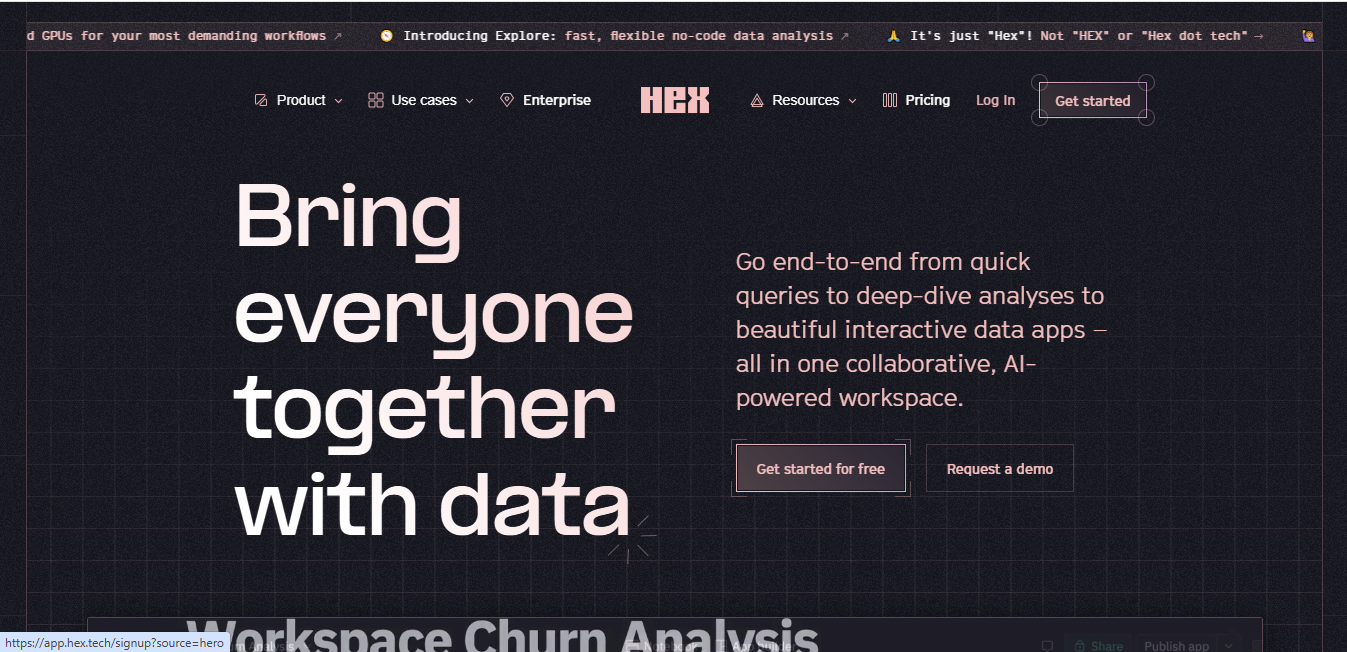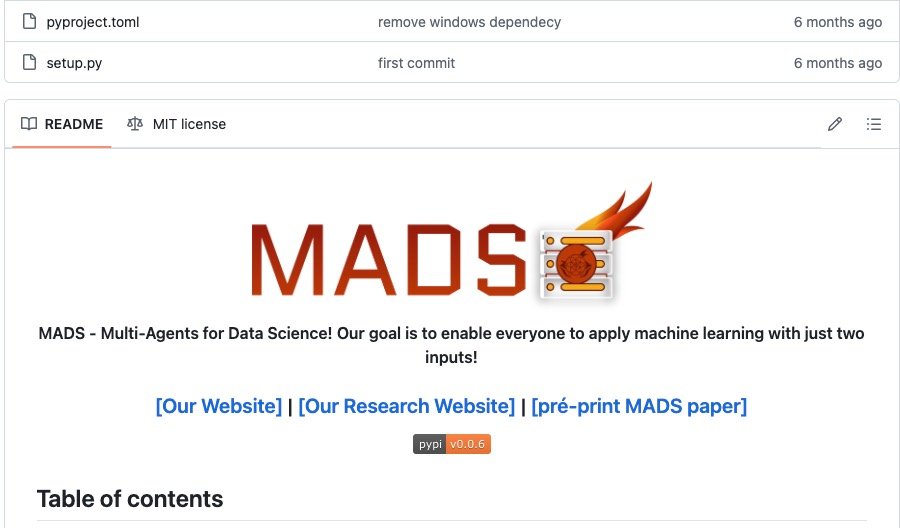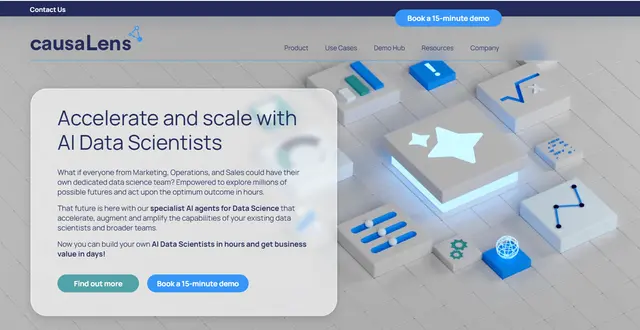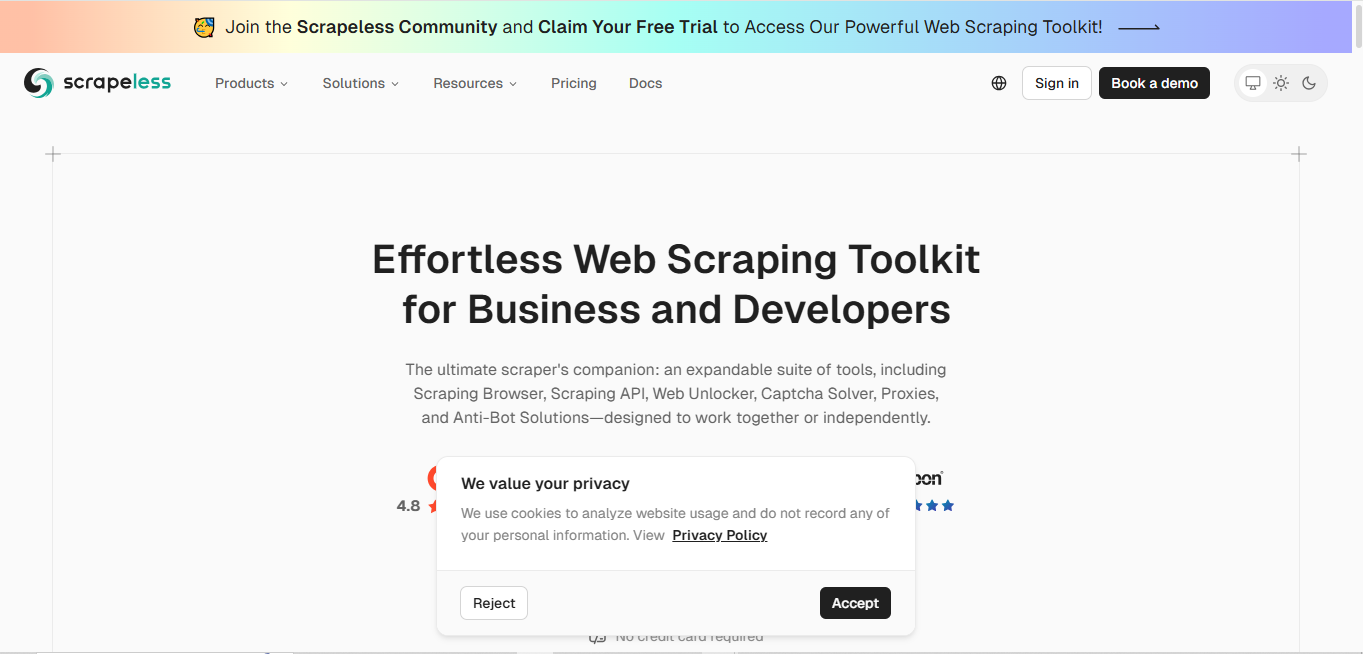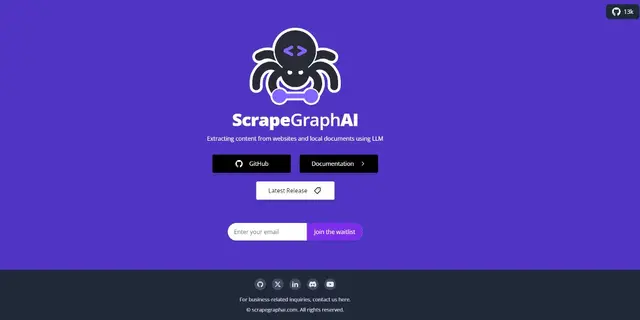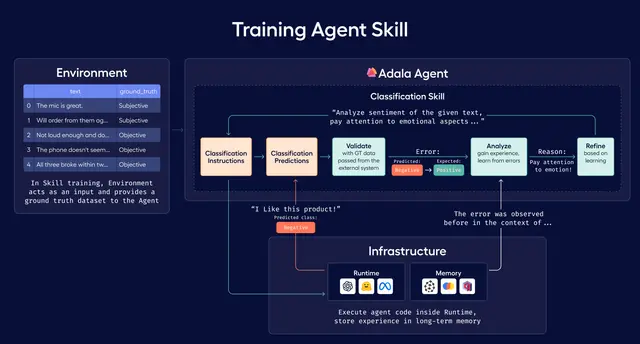
Adala
What is Adala?
Adala is an autonomous data labeling agent framework that powers intelligent data processing through iterative learning. This framework lets agents learn independently from ground truth datasets, making data labeling tasks more efficient and accurate.
Top Features:
- Autonomous Learning: agents develop skills independently through environment interaction and reflection.
- Ground Truth Foundation: built on verified datasets to ensure consistent and accurate results.
- Flexible Runtime Environment: supports multiple runtimes and enables student/teacher learning architecture.
Pros and Cons
Pros:
- Adaptability: customizable output constraints for different data processing needs.
- Easy Integration: simple setup process with Python notebooks and DataFrame compatibility.
- Skill Variety: supports classification, summarization, translation, and question-answering tasks.
Cons:
- API Dependency: requires OpenAI API key for operation.
- Limited Vision Support: currently lacks comprehensive multi-modal capabilities.
- Learning Curve: might need technical background to utilize advanced features.
Use Cases:
- Data Processing: automated labeling and classification of large datasets.
- Research Projects: experimenting with complex problem decomposition in machine learning.
- Educational Training: teaching AI concepts through practical implementations.
Who Can Use Adala?
- AI Engineers: professionals building production-level agent systems.
- Data Scientists: specialists working with large datasets in Python environments.
- Academic Researchers: individuals studying machine learning and AI systems.
Pricing:
- Free Trial: open-source framework available for free.
- Pricing Plan: costs depend on OpenAI API usage.
Our Review Rating Score:
- Functionality and Features: 4.5/5
- User Experience (UX): 4/5
- Performance and Reliability: 4.5/5
- Scalability and Integration: 4/5
- Security and Privacy: 3.5/5
- Cost-Effectiveness and Pricing Structure: 4/5
- Customer Support and Community: 3.5/5
- Innovation and Future Proofing: 4.5/5
- Data Management and Portability: 4/5
- Customization and Flexibility: 4.5/5
- Overall Rating: 4.1/5
Final Verdict:
Adala stands out as a powerful framework for AI engineers and data scientists. Its autonomous learning capabilities and flexible architecture make it valuable for data processing tasks, despite some limitations in multi-modal support.
FAQs:
1) How does Adala compare to other data labeling tools?
Adala distinguishes itself through autonomous learning and iterative skill development, unlike traditional static labeling tools.
2) What programming knowledge is needed to use Adala?
Basic Python programming skills and understanding of data structures are essential for using Adala effectively.
3) Can Adala work with custom datasets?
Yes, Adala can process any dataset provided as ground truth, allowing for specialized training.
4) Is Adala suitable for small-scale projects?
Absolutely, Adala works well for both small and large-scale projects, with scalable implementation options.
5) What types of data can Adala process?
Currently, Adala primarily handles text data for tasks like classification, summarization, and translation.
Stay Ahead of the AI Curve
Join 76,000 subscribers mastering AI tools. Don’t miss out!
- Bookmark your favorite AI tools and keep track of top AI tools.
- Unblock premium AI tips and get AI Mastery's secrects for free.
- Receive a weekly AI newsletter with news, trending tools, and tutorials.


